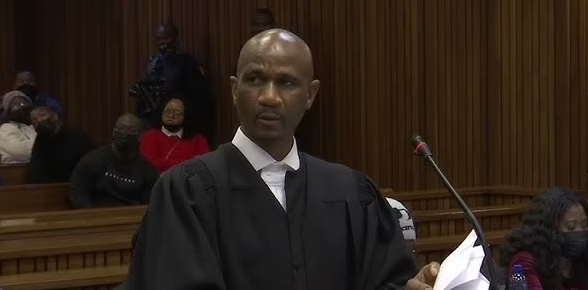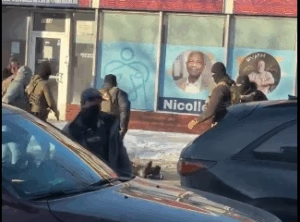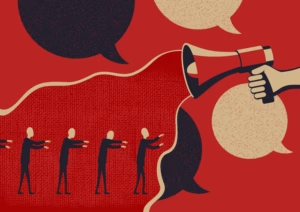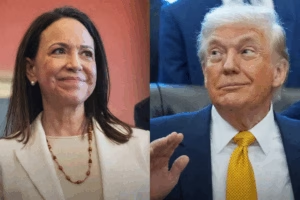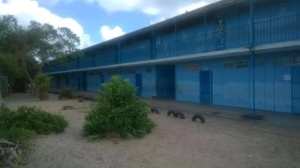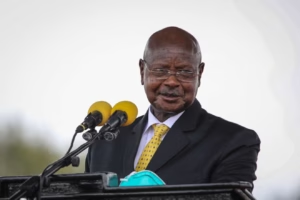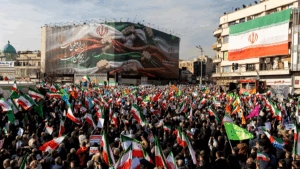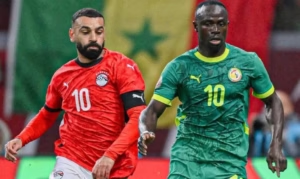Disbarred advocate Malesela Teffo has voiced a strong desire to participate in the Madlanga Commission of Inquiry, arguing that his absence could leave critical gaps in its findings. Known for his controversial role as defence counsel in the Senzo Meyiwa murder trial, Teffo’s name resurfaced following his public arrest and a subsequent announcement of his disbarment, a status that he continues to contest.
Teffo maintains that his testimony is central to exposing alleged misconduct and interference in South Africa’s criminal justice system. His evidence, he insists, will revolve primarily around corruption within the judiciary, which he believes undermines public trust and accountability.
“I believe that Justice (Mbuyiseli) Madlanga is going to be fair. I don’t doubt Justice Madlanga; he’s a man of credibility and I believe he will do the right thing. So, now firstly, the corruption in the judiciary, the magistrates, and the judges that will be my evidence.”
In his remarks, Teffo emphasised that his appearance at the commission is not about personal redemption but rather about ensuring the truth emerges.
According to Teffo, parts of the judiciary are compromised by individuals who should not be on the bench. He claims to hold evidence against several judges and questions the processes that have kept them in their positions.
“I’ve got hard-core evidence of certain judges that are not even supposed to be there. They should be impeached. Actually, judiciary, I’m referring even to this narrative that you’ve been fed with, that I’m disbarred.”
His words highlight a broader concern about the credibility of judicial oversight and whether existing mechanisms are sufficient to root out corruption.
Teffo did not stop at the judiciary. He suggested that both President Cyril Ramaphosa and the African National Congress would feature in the revelations he plans to present.
“President Cyril Ramaphosa himself, I’ve got allegations against President Ramaphosa. He was not even the right person to appoint the commission to start with because along the way, he’s going to be entangled in all these allegations that are happening, and I will now wonder, how is he going to execute the recommendations of the commission, when himself he’s the accused number one, him and the ANC are the accused.”
These statements raise questions about the commission’s independence, the authority of its mandate, and whether its findings could be compromised if key political figures are implicated.
The remarks by Teffo will inevitably draw debate about his credibility, given his disputed disbarment and the circumstances under which he left the Meyiwa trial. Critics may argue that his interventions risk shifting focus from the commission’s core work, while his supporters may see his evidence as vital to understanding systemic flaws.
The Madlanga Commission now faces the delicate task of deciding whether Teffo’s submissions form part of its record. At stake is not only the integrity of the inquiry but also the public’s perception of justice in South Africa.

